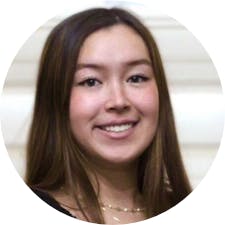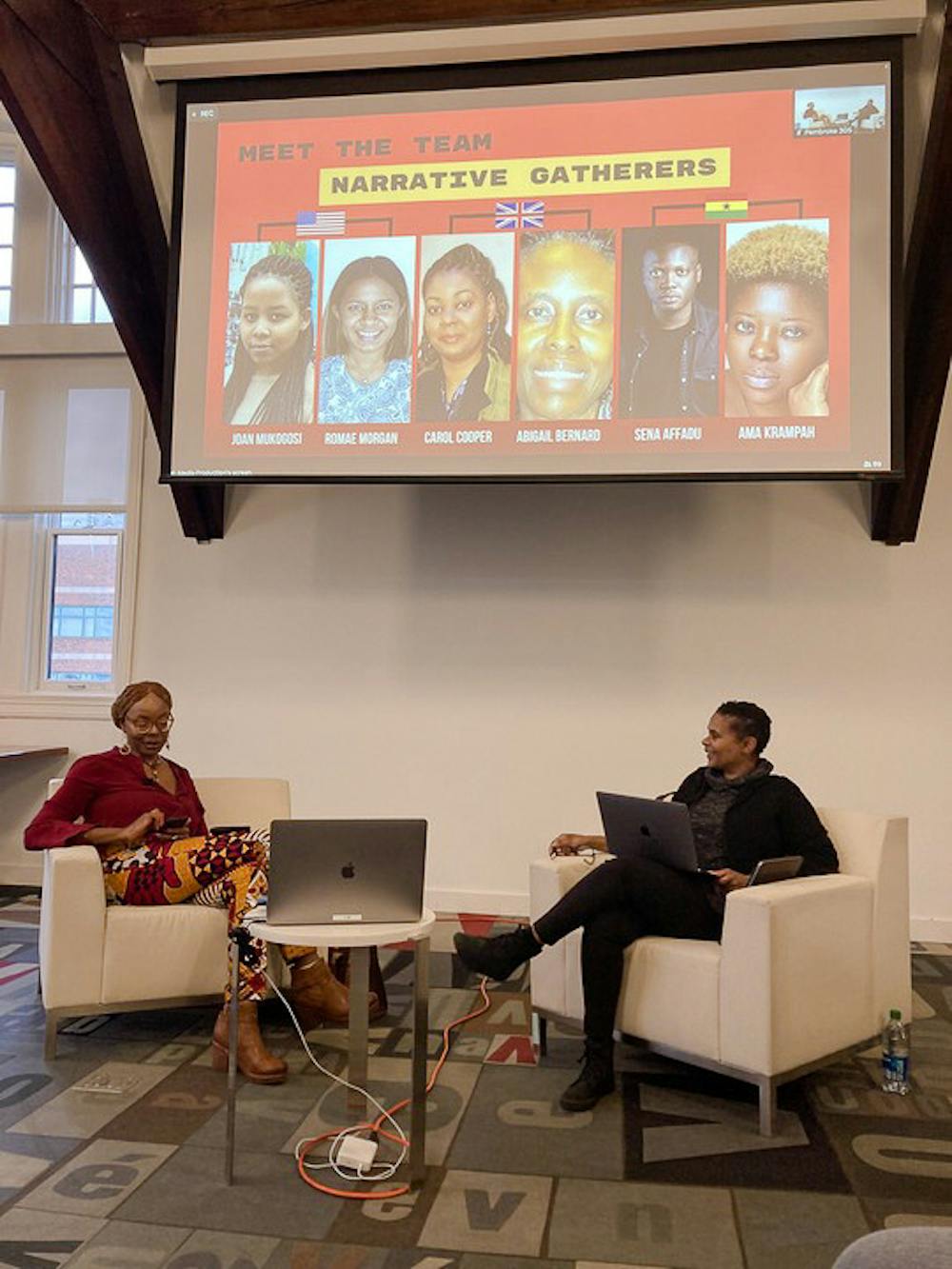“The Black Frontline,” an oral history project chronicling the experiences of Black health care workers from around the world during the COVID-19 pandemic, launched in an event hosted by the Department of Africana Studies.
The project — founded by The Armah Institute of Emotional Justice and co-directed by Associate Professor of Africana Studies Kim Gallon and AIEJ CEO Esther Armah — is “the largest oral history project” to document the “stories of sacrifice, survival, community, loss (and) humanity” from Black doctors and nurses during the pandemic, according to the project launch’s description. Gallon is also the founder and executive director of COVID Black, an organization “at the intersection of health data, information, the humanities, race and social justice,” according to its website.
The two assembled a team working between the United States, the United Kingdom and Ghana, which collected 300 stories from Black doctors and nurses working on the front lines in these three countries during the pandemic. Each of the recorded narratives, posted on the project’s website, highlights a Black health care professional and their unique experience during the pandemic.
Armah and Gallon were originally collaborating on a separate project, but the pair had to halt their work due to COVID-19 restrictions. After witnessing the distress Black health care workers faced due to the pandemic, they began collaborating on The Black Frontline.
“(We) were both caught up with the amount of loss and grief and trauma that was happening,” Gallon told The Herald. “We wanted to be able to tell the story of what Black people and specifically Black health care professionals were experiencing.”
She added that they aimed to explore broader experiences of health care workers as well as experiences that were “unique because of the positionality of Blackness.”
Gallon noted the significance of creating a historical record specifically for Black front-line workers — a group historically excluded from archives.
“When looking back at the influenza pandemic of 1918, there are very few (accounts from) voices of color” and even fewer specifically from Black communities, Gallon said. “We wanted to (ensure) that 100 years from now when people look back on this moment in time, the historical record represents diverse voices (and highlights) the role that Black doctors and Black nurses played in the pandemic.”
Every individual that contributed their story was given a pseudonym — a feature that was especially important to the integrity of the project, Gallon said.
Some participants “told stories about being put in jeopardy or experiencing racism that could make them vulnerable to being terminated from their positions,” she said. Anonymity protected participants, empowering them to share their stories without fear of harm, she added.
The Black Frontline is rooted in emotional justice, a “racial healing framework” that aims to combat “legacies of untreated trauma,” according to Armah.
For Alicia Genisca, associate professor of pediatrics and emergency medicine at Warren Alpert Medical School, sharing her story with The Black Frontline helped her recognize her own strength by reflecting on her experiences during the pandemic.
“I think that reflective piece really helped me to process what that time really meant as a physician and as a woman of color,” she said.
Genisca added that she hopes The Black Frontline will help Black health care workers “feel more comfortable reaching out and sharing with others who might have had similar experiences.” Working in a predominantly white institution can make Black health care workers feel “siloed” and “alone,” she added.
Gallon said she felt that the University was an ideal place to host the project because of its longstanding commitment to equity, its innovation in digital scholarship and the central role that the Department of Africana Studies continues to play in pushing the campus to have critical conversations around race and inequity.
Noliwe Rooks, professor of Africana studies and chair of the department, said that the project fits perfectly with her department’s mission: changing power structures by allowing Black people the complexity and humanity they have historically been denied.
The project’s U.S. launch is only the beginning: In August, Armah and Gallon will travel to the U.K. and Ghana to formally launch The Black Frontline in each country.
“This is a living archive,” Rooks said. “It’s going to expand, and it’s going to grow.”
Correction: A previous version of this article incorrectly detailed the founding of "The Black Frontline" and misspelled Esther Armah's name. The Herald regrets the errors.

Campbell Loi, a senior staff writer and copy editor for The Herald, is a junior from Syracuse, NY studying Public Health and International and Public Affairs. Outside of academics, she loves all things music and enjoys performing, arranging, and constantly listening to songs in her free time.





